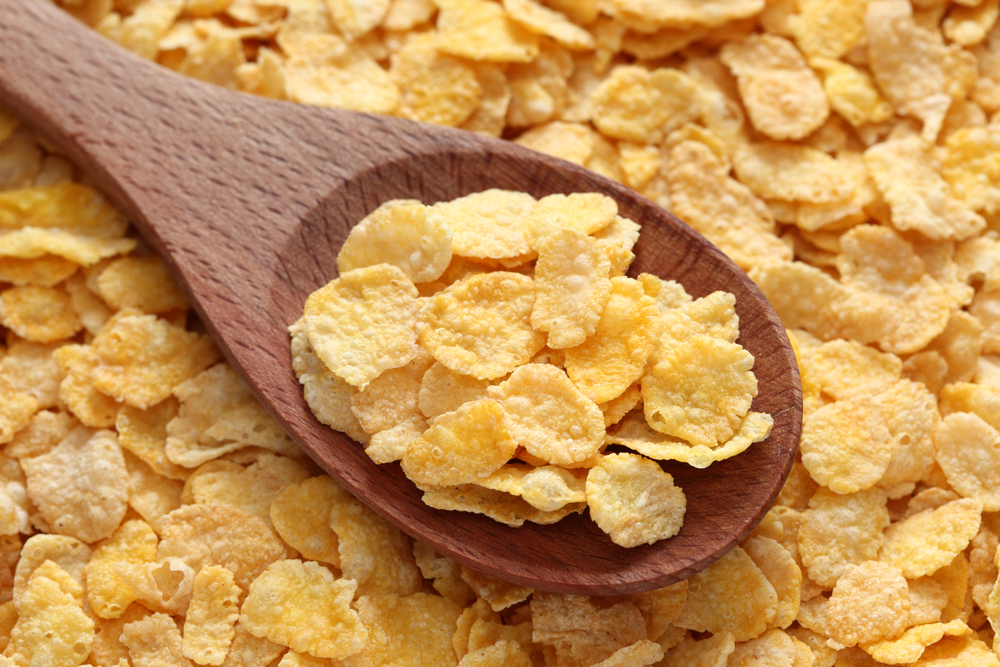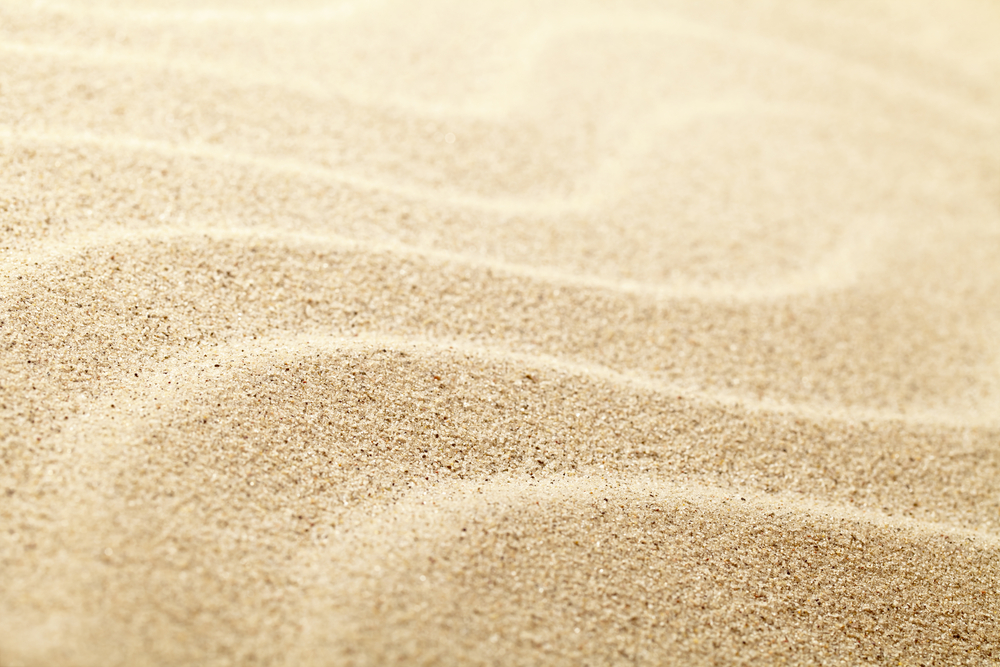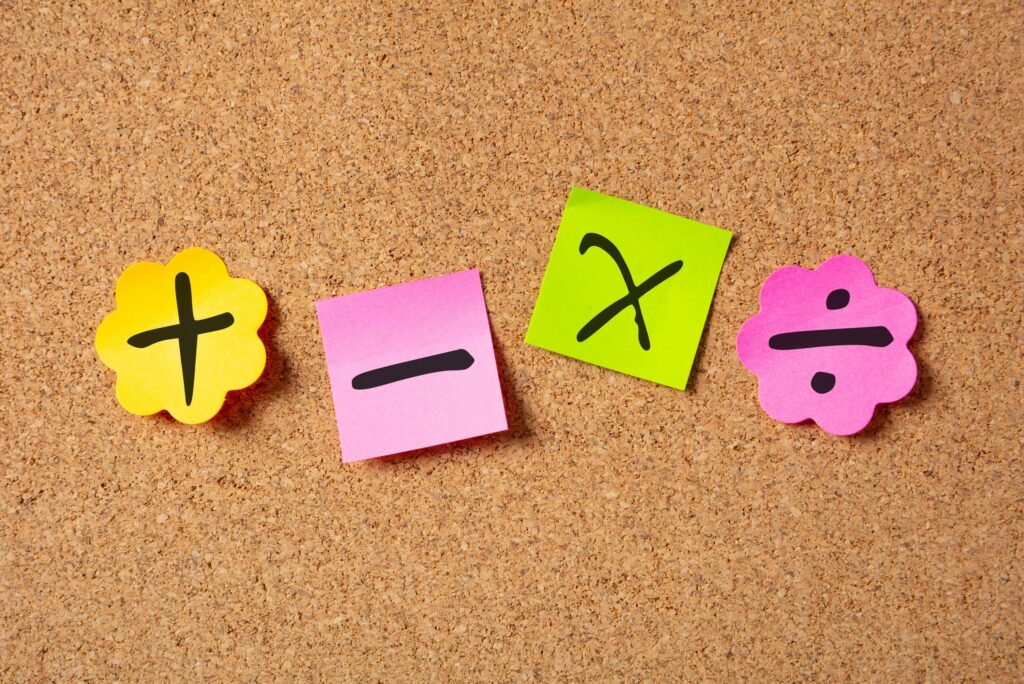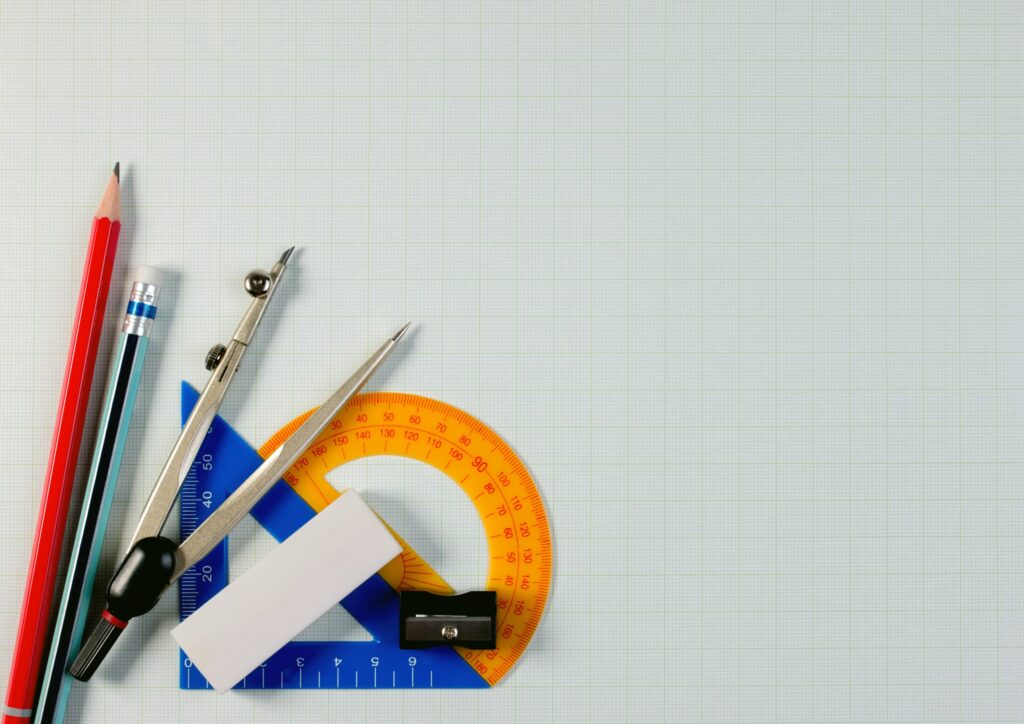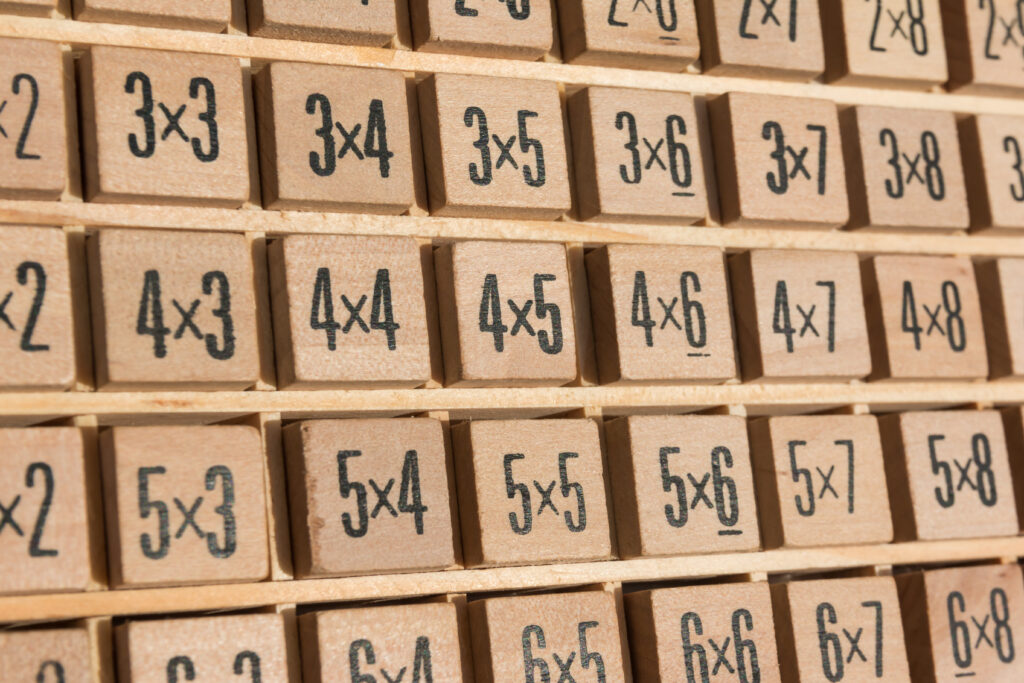Some tasks can be mind-numbingly tedious but sometimes have to be done. Here, we pose some questions that the more curious pupils might ask and set about answering them in an easy and roughly accurate way.
Activity: Scaling Up
Suitable for:
Year 3 to Year 6
Learning Focus:
- Understand how scaling up a measurement can help us to get accurate answers to big questions
- Be able to multiply appropriately to calculate real life measurements using scaling
One day you may be faced with questions like these:
- How many individual cornflakes are there in a packet?
- How many grains of rice in a kilo?
- How many raindrops would it need to fill an Olympic size swimming pool?
The answers to all of them are going to be just an accurate guess but it practices some important maths techniques along the way.
Let’s start with the cornflakes one.
You could get a bored pupil (or member of staff) to sit in a quiet area and count them one by one, or you could use scaling.
If you have a 500g pack, weigh out 5g of cornflakes and then count how many make the five grams. Once you’ve got your number, simply multiply by 100 and you’ve got a close ‘guestimate’.
Now ask the pupils to consider these trickier questions…
How many insects live in the grass on the school playing field? For this, use a counting hoop of no more than a square metre and count the number of insects you find in it. Then the pupils will need to calculate the area of the playing field and multiply their result by that number.
You can then pose these questions and really get their investigate and mathematical brains motoring!
- How many drops or teaspoons of water in a 500ml water bottle?
- How many grains of sugar in a kilogram bag?
And for the very adventurous…
- How can they calculate how many grains of sand there are on a beach?

